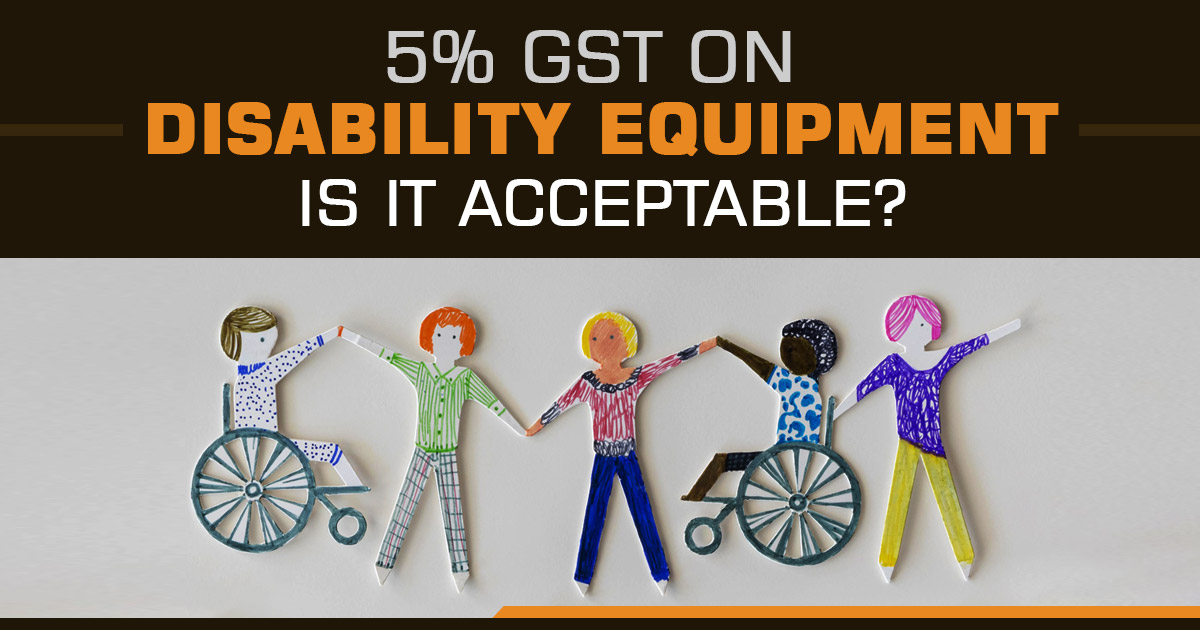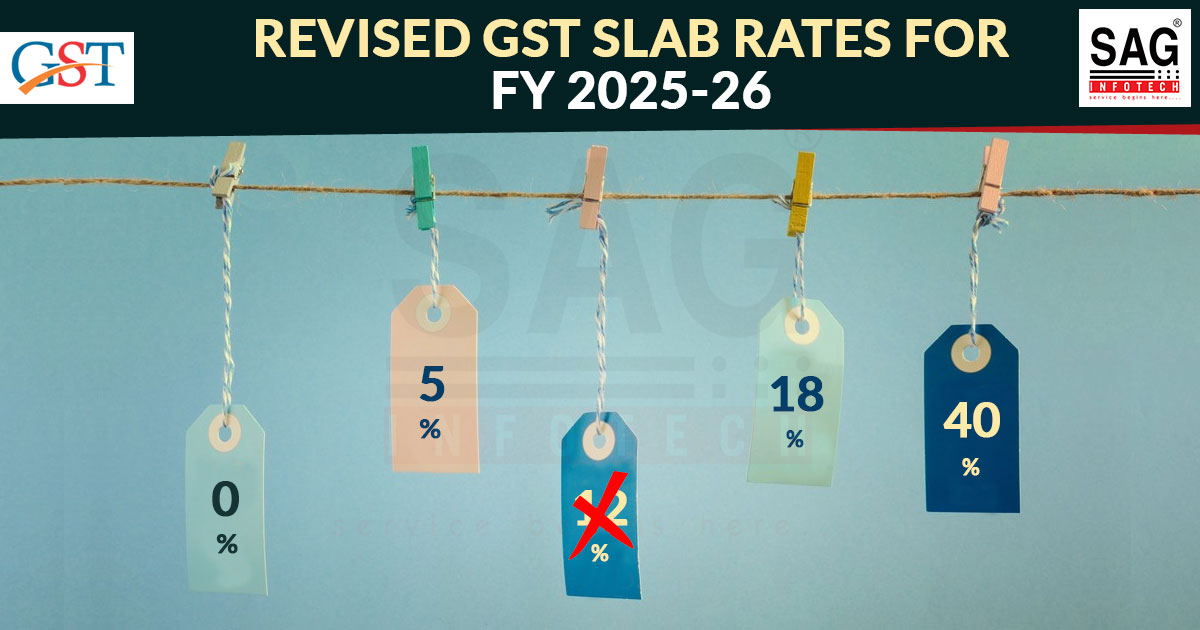A written application was furnished in the Supreme court which challenges the GST forcing on the products built for the aid of a person with a disability.

The applicant submits that there is no requirement to pay the tax for the ordinary individual who walks although the disabled individual is payable for 5% GST rate 
The infringement of fundamental rights is not applicable in this case, even if the tax has been imposed. The officials on the grounds of the applicant claim that the tax levied results in the refusal of relevant events to the distinct individual and develops a barrier for them to explore the resources made possible to different people.
Under the Rights of Persons with Disabilities Act, 2016 imposing GST (Goods and Services Tax) on the disabled is a violation of the act. The permission is given by the three judges D Y Chandrachud, Indu Malhotra, and Indira Banerjee giving freedom to the applicant to drive the representation in the GST official for zero GST on the services of disability.
Justice Chandrachud remarked that the court had uncertainties regarding that it can obstruct a scheme’s conclusion to impose the tax. The judge speaks to the applicant in context to taxation there is barely any scope of judiciary examination.